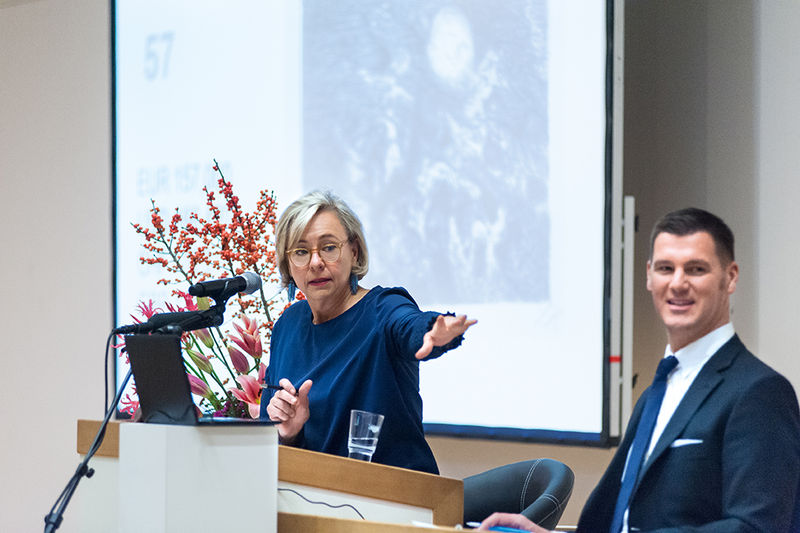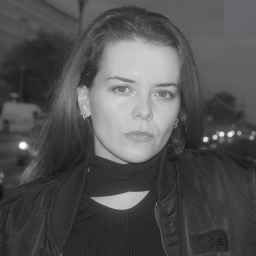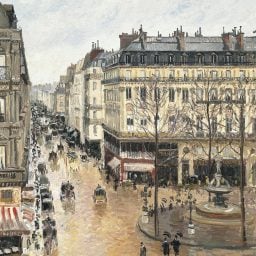A small auction house in Munich is holding its first in-person sales this week as Germany begins to ease its lockdown restrictions.
Neumeister is selling 200 pieces of jewelry, as well as a group of fine-art objects, on May 5 and May 6. Pre-registration is required for in-person bidding, but the auction house would not confirm how many collectors planned to attend the live sales. Katrin Stoll, the company’s CEO, said that between 50 and 300 people generally attend its auctions. Call-ins and online bids will also be accepted.
“After almost two months in lockdown, it is now time to set the first positive impulses on the art market,” Stoll tells Artnet News.
The May 6 sale includes eight artworks by German Romantic artist Carl Spitzweg, including one picture with an especially fraught provenance.
Spitzweg’s The Eye of the Law (Justitia) (1857), the star lot of the auction, once belonged to Leo Bendel, a Jewish-Polish tobacco merchant and art collector who died in the Buchenwald concentration camp in 1940 after selling the painting under duress. It was restituted to his heirs in 2019, after it hung in the offices of eight German presidents.
The picture is estimated to sell for between €500,000 and €750,000 ($550,000 to $830,000).

Katrin Stoll, CEO of Neumeister. Courtesy Neumeister.
Bendel sold the work in 1937 to Galerie Heinemann in Munich to make money to flee Nazi Germany to Vienna, where he was arrested in 1939. In 1938, art dealer Maria Almas acquired it for the Führer Museum, which was being planned in Adolf Hitler’s hometown of Linz in Austria.
The work was sized by the Allies in October 1945 and transferred to Munich’s Central Collecting Point. The picture was then handed over to the Office of the Federal President in Bonn, the capital of West Germany, in August 1961, and became a permanent fixture in the Villa Hammerschmidt, the official residence of the president of West Germany. The work was taken off view in 2007 after its troubling provenance was uncovered.
The painting’s fraught political life is reflected pictorially: it depicts a sculpture of Lady Justice, her scale broken and a fissure running through her foundation, before a soldier who lurks in the shadows.
Another high-profile restitution of a work once owned by Bendel took place last fall, when the Oetker family returned another painting by Spitzweg, Der Hexenmeister, to his heirs. It was part of the same group of works Bendel was forced to sell to fund his escape from Germany.
Five other works by Spitzweg in the Neumeister sale come from a German private collection that had been on permanent loan to the Germanisches Nationalmuseum in Nuremberg.
In 2000, Neumeister set an auction record for a work by Spitzweg when it sold Der ewige Hochzeiter for 2.4 million DM ($1.1 million).
May 6: This article has been updated to correct a factual error – there was an in-person auction at Dr. Irene Lehr Kunstauktionen GmbH on April 25, 2020.








